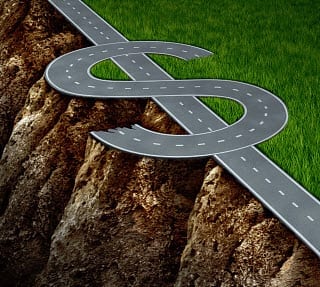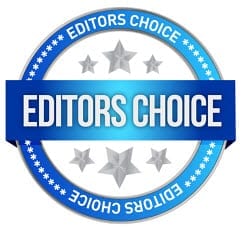Insurance and economy go hand-in-hand
Insurance has managed to attract a lot more attention from consumers in recent years than it had in the past. Many people are now conscious of how insurance affects their lives, but few people are aware of the connection that insurance has with the economy. Indeed, it is more common for people to be aware of how the economy affects the insurance businesses than vice versa. To say that insurance is the underpinning of the modern economy may seem like hyperbole. When put into perspective, however, such a statement may be surprisingly accurate.
In the U.S. many things hinge on whether a person has or can obtain insurance coverage. Financing for a new vehicle, a house, or a commercial building, for instance, is determined on the availability of insurance coverage and the ability to pay for this coverage. Many loans offered by banks and other financial service firms are protected by insurance coverage, either provided by private companies or by governments. Without this protection, these loans would be impossible for the majority of people to access.
Even if the acquisition of financing is not a necessity, a lack of insurance coverage can be an economically risky move. In the event of a natural disaster, the entirety of the disaster’s cost is borne by the victim if they do not have coverage. As most people do not have the financial capability of coverage the costs of a natural disaster themselves, their lack of coverage becomes an economic liability. This can be extrapolated to a larger scale: If businesses lack coverage and fall victim to a significant disaster, they will likely not be in business for very long, which will send ripples through the associated economic  landscape. When a business fails, people lose their jobs, money evaporates from the economy, and so on.
landscape. When a business fails, people lose their jobs, money evaporates from the economy, and so on.
Economic development driven by coverage
Insurance coverage is also vital to economic development. The indemnification and risk pooling properties of insurance coverage facilitate commercial transaction and the provision of credit. In terms of development, insurance acts as an effective loss mitigation tool that can also be leveraged as a way to control risk factors that could destabilize economic progress. For businesses, insurance has cost smoothing effects, allowing companies to take risks without having to be crippled by the fear of bankruptcy and other financial issues.
 The connection between insurance and the economy can often be simplified, but the complexity of this issue can typically be encompassed by a straightforward question: How does insurance affect the value of my possessions? The answer to this question is complicated and much more subjective than the overarching role insurance coverage plays in the economic landscape. Suffice it to say that the value of a person’s possessions is determined by the person themselves and it is up to them to justify whether their possessions require insurance protection. Insurance coverage may increase the value of a product, but that increase in value is more likely a personal matter than one that is universally accepted.
The connection between insurance and the economy can often be simplified, but the complexity of this issue can typically be encompassed by a straightforward question: How does insurance affect the value of my possessions? The answer to this question is complicated and much more subjective than the overarching role insurance coverage plays in the economic landscape. Suffice it to say that the value of a person’s possessions is determined by the person themselves and it is up to them to justify whether their possessions require insurance protection. Insurance coverage may increase the value of a product, but that increase in value is more likely a personal matter than one that is universally accepted.
